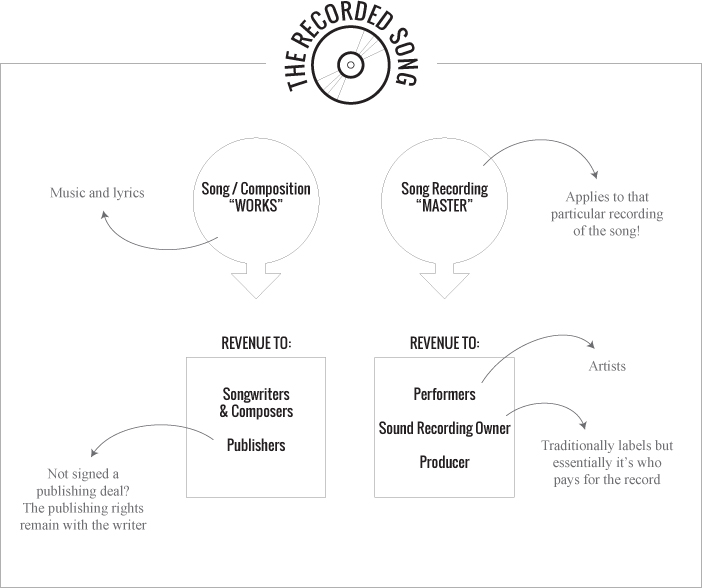- Ambient 1795 +
- Dance (Traditional) 674 +
- Hip-Hop 5139 +
- Latin 1259 +
- Orchestral 3460 +
- Reggae 1002 +
- Blues 1954 +
- Dance / EDM 14976 +
- Indie 2857 +
- Marches/Military 232 +
- Pastoral 45 +
- Religious 240 +
- Chill 3488 +
- Fanfares 35 +
- Instruments 12101 +
- Metal 197 +
- Pop 11295 +
- Rock 8597 +
- Circus / Funfair 122 +
- Folk 1485 +
- Jazz 4198 +
- New Age 1505 +
- Punk 238 +
- Vocal 1435 +
- Classical 2546 +
- Funk 2160 +
- Kids 3283 +
- Opera 70 +
- R&B / Soul 1202 +
- World / National 4472 +
- Country 3223 +
- Atmospheres 20917 +
- Documentary 10578 +
- Leisure / Lifestyle 7088 +
- Natural World 1263 +
- Sea 226 +
- Spiritual / Esoteric 883 +
- Christmas 1527 +
- Drama 11693 +
- Links, logos & stings 2800 +
- Period 812 +
- Showbiz 1260 +
- Sport 3029 +
- Comedy 1943 +
- Film Styles 14859 +
- Moods 25334 +
- Romantic 1511 +
- Sound FX 1930 +
- Television Styles 8023 +
- Corporate 8248 +
- Industrial 2806 +
- Movement 9026 +
- Science / Technology 765 +
- Special Occasions 237 +
- Wildlife 453 +
- Current Affairs 1364 +
- C
- C#/Db
- D
- D#/Eb
- E
- F
- F#/Gb
- G
- G#/Ab
- A
- A#/Bb
- B
- Cm
- C#m/Dbm
- Dm
- D#m/Ebm
- Em
- Fm
- F#m/Gbm
- Gm
- G#m/Abm
- Am
- A#m/Bbm
- Bm
- C
- C#/Db
- D
- D#/Eb
- E
- F
- F#/Gb
- G
- G#/Ab
- A
- A#/Bb
- B
- Cm
- C#m/Dbm
- Dm
- D#m/Ebm
- Em
- Fm
- F#m/Gbm
- Gm
- G#m/Abm
- Am
- A#m/Bbm
- Bm
- accelerating
- bubbly
- edgy
- hesitant
- plucky
- still
- agitated
- calm
- excited
- hypnotic
- pulsating
- swinging
- air
- celestial
- fast
- jingly
- quick
- swirling
- alien
- chirping
- fire
- jumpy
- regular
- trance
- ambient
- churning
- floating
- liquid
- relaxed
- unpredictable
- animated
- complex
- fluid
- lively
- repetitive
- unrelenting
- anxious
- complicated
- fluttering
- mad
- restful
- vibrating
- assaultive
- constant
- flying
- motion
- sci-fi
- vigorous
- astral
- crowded
- forced
- nervous
- simple
- vivacious
- atmospheric
- decelerating
- funky
- neurotic
- slow
- waves
- big
- distant
- fury
- percussive
- spacious
- whirling
- boistrous
- dreamy
- glacial
- perpetual
- spiritual
- wind
- bouncy
- achievement
- cheerful
- dramatic
- low
- playful
- sleepy
- advancing
- commanding
- endeavour
- majestic
- pompous
- solemn
- arrival
- confident
- goal
- melancholy
- positive
- sombre
- authoritative
- confused
- grand
- negative
- power
- strident
- battle
- corporate
- grief
- nostalgic
- proud
- strong
- carnival
- defeated
- happy
- olympic
- resigned
- subdued
- celebration
- detached
- high
- optimistic
- resolute
- upbeat
- ceremonial
- determined
- hopeful
- painful
- rising
- victorious
- changeable
- dignified
- introspective
- passionate
- ritualistic
- victorious
- cheeky
- down
- joyous
- plaintive
- sad
- weak
- apprehensive
- delicate
- ghostly
- odd
- safe
- suspense
- assaultive
- dread
- graceful
- ominous
- sanctuary
- sweet
- carefree
- eerie
- haunting
- peaceful
- sinister
- tender
- changeable
- familiar
- healing
- protective
- siren
- threatening
- content
- foreboding
- horror
- resolved
- soothing
- tranquil
- danger
- friendly
- loving
- romantic
- strange
- weird
- daunting
- gentle
- menacing
- abrasive
- distorted
- harmonic
- melodic
- raspy
- singing
- acoustic
- drone
- hymn
- metallic
- reedy
- smooth
- amplified
- electric
- industrial
- metropolis
- resonant
- soothing
- bells
- electronic
- interwoven
- nature
- retro
- steel
- breathy
- empty
- jungle
- noisy
- rough
- textured
- chant
- even
- linear
- organic
- scraping
- tribal
- coarse
- fine
- live
- oriental
- scratchy
- uneven
- complex
- flat
- machine
- overdrive
- simple
- vocal
- dissonant
- gong
- mechanical
- quiet
- accordion
- cello
- dulcimer
- koto
- pipes
- tuba
- bagpipe
- chimes
- flute
- lute
- recorder
- ukelele
- balalaika
- choral
- gamelan
- lyre
- saxophone
- vibraphone
- banjo
- clarinet
- glockenspiel
- mandolin
- sitar
- viola
- bass
- clavinet
- gong
- marimba
- spoons
- violin
- bassoon
- concertina
- guitar
- mijwiz
- strings
- vocal
- bells
- cornet
- hammond
- moog
- synth
- washboard
- bodhran
- cornu
- harmonica
- oboe
- tabla
- whistle
- bouzouki
- cymbalom
- harmonium
- orchestral
- tambourine
- wurlitzer
- brass
- cymbals
- harp
- organ
- theremin
- xylophone
- bugle
- didgeridoo
- harpsichord
- percussion
- timpani
- xylosynth
- castanets
- dobro
- horn
- piano
- trombone
- zither
- celeste
- drums
- kazoo
- piccolo
- trumpet
From Our Blog

Jessica Toyne started her musical career after graduating with a BA(Hons) in music business from the Academy of Contemporary Music in 2008. Her career began in music publishing at Platinum Sound, an independent publisher that specialised in sourcing music for media. After relocating to the Isle of Wight, Jessica set up and ran her own professional recording studio and in previous years has worked with the artist liaison crew at the Isle of Wight Festival main stage.
In a musical capacity Jessica has worked as a songwriter, lyricist and vocalist in performing bands, in addition to composing music to brief for other artists and for media usage.
Ever keen to broaden her horizons, Jessica has also written a number of non-fiction books, which have been published in physical format internationally. She thrives on exploring new musical avenues and enjoys sharing her knowledge with emerging and established artists and composers alike.



Track title: